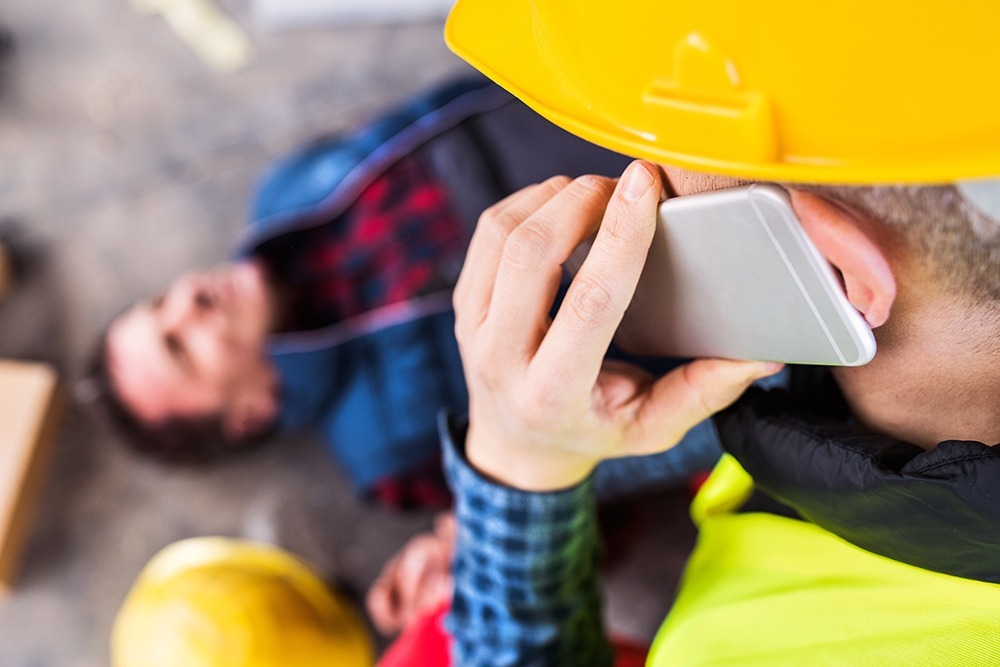Learn How Everyday Hazards in Stores, Apartments, and Public Spaces Could Lead to Serious Injuries—And Legal Claims
Share:
When you walk into a grocery store, apartment building, or office, you don’t expect to walk out with an injury. But accidents happen—and when they do, it’s often due to someone’s failure to maintain a safe environment. Slips, trips, and falls are among the most frequent causes of injury on someone else’s property, and they fall under a legal concept known as premises liability.
In this guide, we’ll break down what premises liability means, the most common conditions that lead to these types of accidents, and what you can do if you’re injured.
What Is Premises Liability?
Premises liability is a legal principle that holds property owners and occupiers responsible for maintaining safe conditions on their premises. If someone is injured due to a dangerous condition that the property owner knew about—or should have known about—the injured person may be entitled to compensation.
These cases often involve accidents caused by unsafe property conditions, including slippery floors, poor lighting, or obstructed walkways. Whether it’s a business, rental property, or private home, owners have a duty to keep visitors reasonably safe.
The Most Common Causes of Slip, Trip, and Fall Accidents
Wet or Slippery Surfaces
Perhaps the most common cause of a slip and fall accident is a wet floor—often from a spill, mopping, rainwater at the entrance, or a leak. Without proper warning signs or swift cleanup, these conditions become serious hazards.
➡️ Example: A customer slips on a spilled drink in a restaurant aisle with no caution sign in place.
Uneven or Damaged Flooring
Cracks in the sidewalk, loose floorboards, broken tiles, and torn carpeting can easily catch someone off guard. These defects are especially risky in high-traffic areas.
➡️ Example: A visitor trips over a raised tile in a hotel lobby that hasn’t been repaired for weeks.
Poor Lighting
Inadequate lighting in hallways, stairwells, or parking lots makes it difficult to see hazards. This not only increases the risk of trips and falls, but it also opens the door to additional safety concerns.
➡️ Example: A tenant falls down stairs in a dimly lit apartment building where a lightbulb has been out for days.
Obstacles and Clutter in Walkways
Loose cords, boxes, tools, or personal belongings left in hallways or store aisles can create trip hazards, especially when they’re unexpected.
➡️ Example: A shopper trips over an extension cord in the middle of a retail aisle.
Broken or Missing Handrails
Stairs without handrails—or ones with loose or broken railings—are a major danger, especially for older adults or individuals with mobility challenges.
➡️ Example: A guest falls down the stairs at a vacation rental where the railing gave way mid-descent.
How Property Owners Can Prevent These Accidents
Property owners and managers have a responsibility to fix or warn about hazards in a reasonable timeframe. Proactive maintenance and prompt attention to unsafe conditions can help prevent injuries and legal claims. Key prevention steps include:
- Conducting regular safety inspections
- Repairing damaged flooring, lighting, and handrails
- Cleaning spills immediately and using warning signs
- Keeping walkways free of clutter or obstacles
- Ensuring stairwells are well-lit and up to code
What to Do If You’re Injured in a Slip, Trip, or Fall
If you’re hurt on someone else’s property, your health and legal rights come first. Take the following steps as soon as possible:
- Get medical attention. Even if your injuries seem minor, it’s crucial to have a medical evaluation.
- Report the incident. Notify the property owner, manager, or employee and ask for an incident report.
- Document everything. Take photos of the scene, your injuries, and any hazardous conditions.
- Collect witness information. If anyone saw the accident, get their name and contact info.
- Consult an attorney. A knowledgeable premises liability lawyer can help you understand your rights and next steps.
Key Takeaways
- Slips, trips, and falls are a leading cause of injury in public and private spaces.
- Common causes include wet floors, poor lighting, uneven surfaces, and cluttered walkways.
- Property owners have a legal duty to maintain safe conditions or face liability for injuries.
- If you’re injured, take immediate steps to document the situation and seek legal advice.
Injured After a Slip, Trip, or Fall? We’re Here to Help.
Don’t let a property owner’s negligence go unanswered. If you’ve suffered an injury due to unsafe conditions, our experienced team at DuFault Law is ready to protect your rights and fight for the compensation you deserve.
Call (239) 422-6400 or email contact@dufaultlaw.com to schedule your free consultation today. Your safety matters—and so does your recovery. Let us help you move forward with confidence.



Comments are closed